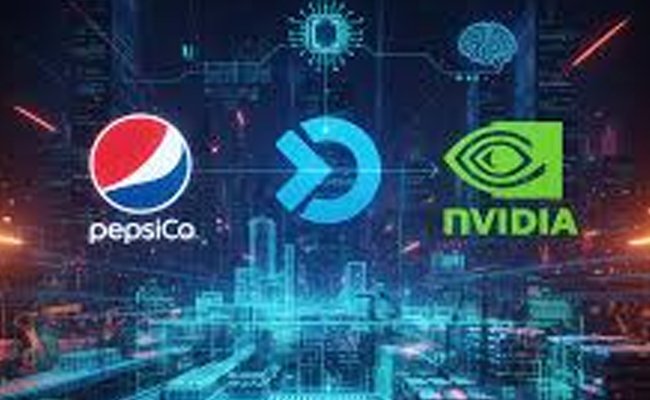Dr. Makarand Sawant, Director & CTO, SEAFB
The extensive adoption of AI-enabled technologies and cloud platforms is fundamentally reshaping the landscape of analytics, business applications, Industry 4.0, and cybersecurity. These technologies are making systems smarter, operations faster, and processes more seamless.
Automation is now embedded across nearly every domain of business and operations, driving efficiency, scalability, and cost-effectiveness. To ensure business continuity, high availability, and consistent performance, organizations are increasingly embracing service-based architectures that support modularity and resilience.
Future Enterprise Formula
To support regulatory frameworks such as ISMS (Information Security Management System) and DPDPA (Digital Personal Data Protection Act), many enterprises are deploying AI-powered threat intelligence platforms. These platforms offer real-time insights, automated threat detection, and response capabilities, all integrated within a zero-trust security framework.
Cybersecurity is embedded as a core service, ensuring proactive protection of both business and operational applications hosted on the cloud. In parallel, organizations mandate comprehensive security awareness programs—comprising role-based training, policy education, and simulated threat scenarios—to foster a culture of cyber resilience and monitor maturity levels across the workforce.
Cyber Hygiene
In organizations with a digital-first culture, leadership roles such as CIO, CISO, and DPO are becoming increasingly specialized and prominent. Digital transformation is now business-critical, often topping strategic priority lists. Consequently, leadership structures must clearly delineate responsibilities across compliance, governance, data protection, and cybersecurity to ensure alignment with best practices and regulatory expectations.
Digital Leadership Reloaded
Today’s CIOs are no longer limited to IT oversight—they are expected to play a strategic role in shaping business outcomes through digital transformation initiatives. As a result, CIOs must develop strong business and domain knowledge in addition to technical expertise. Their expanded responsibilities also include overseeing compliance with data protection standards, cybersecurity frameworks, and regulatory mandates that align with organizational goals and risk tolerance.
As per global standards and compliance requirements, it is essential that these roles remain distinct in scope and accountability. For instance, organizations processing large volumes of sensitive personal data are legally required to appoint a Data Protection Officer (DPO). The DPO plays a pivotal role in guiding data governance strategy, ensuring lawful data processing practices, and maintaining continuous alignment with evolving data protection laws.






